
Coronavirus survivors: they said we brought the plague to Indonesia, say country’s first patients
- Ratri Anindyajati suffered a torrent of abuse on social media after she, her sister and her mother became the first Indonesians to catch Covid-19
- People compared the three to prostitutes because they ‘liked to dance’. Since her ordeal, Ratri has become an Instagram ambassador for positivity
The announcement was like a bombshell to many Indonesians, the shock made greater by the fact that their government had at the time still been downplaying the threat of the virus (on grounds it would later justify as “not wanting to spread panic”). Many responded by blaming the women themselves.
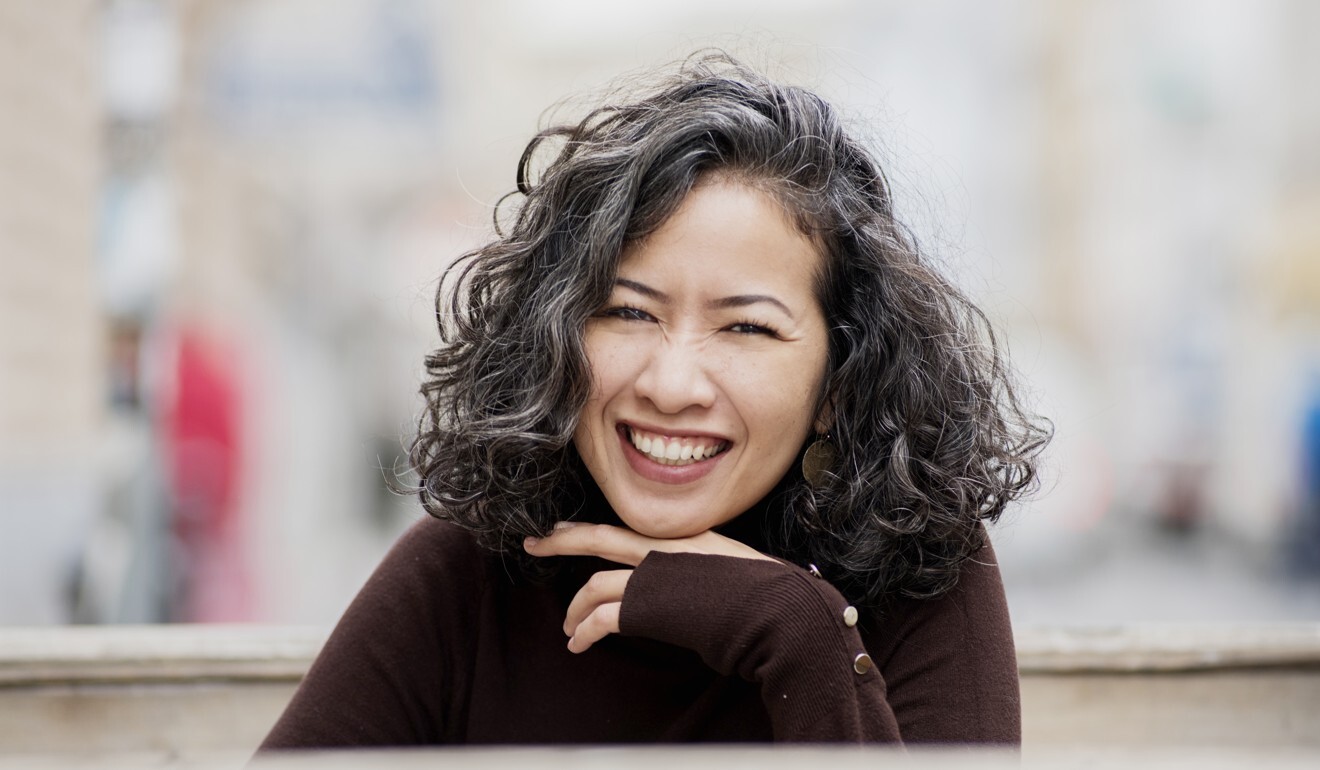
The vitriol shocked and saddened Anindyajati, who said the three of them were “easy targets”, first because they were women, and second because they were involved in the dance industry: Anindyajati, 33, is an independent arts producer and a traditional Javanese dancer; Tyasutami, 31, is a performing arts manager and dance instructor; and Darmaningsih, 64, is a lecturer at the Jakarta Institute of Arts and a trained contemporary and classical Javanese dancer.
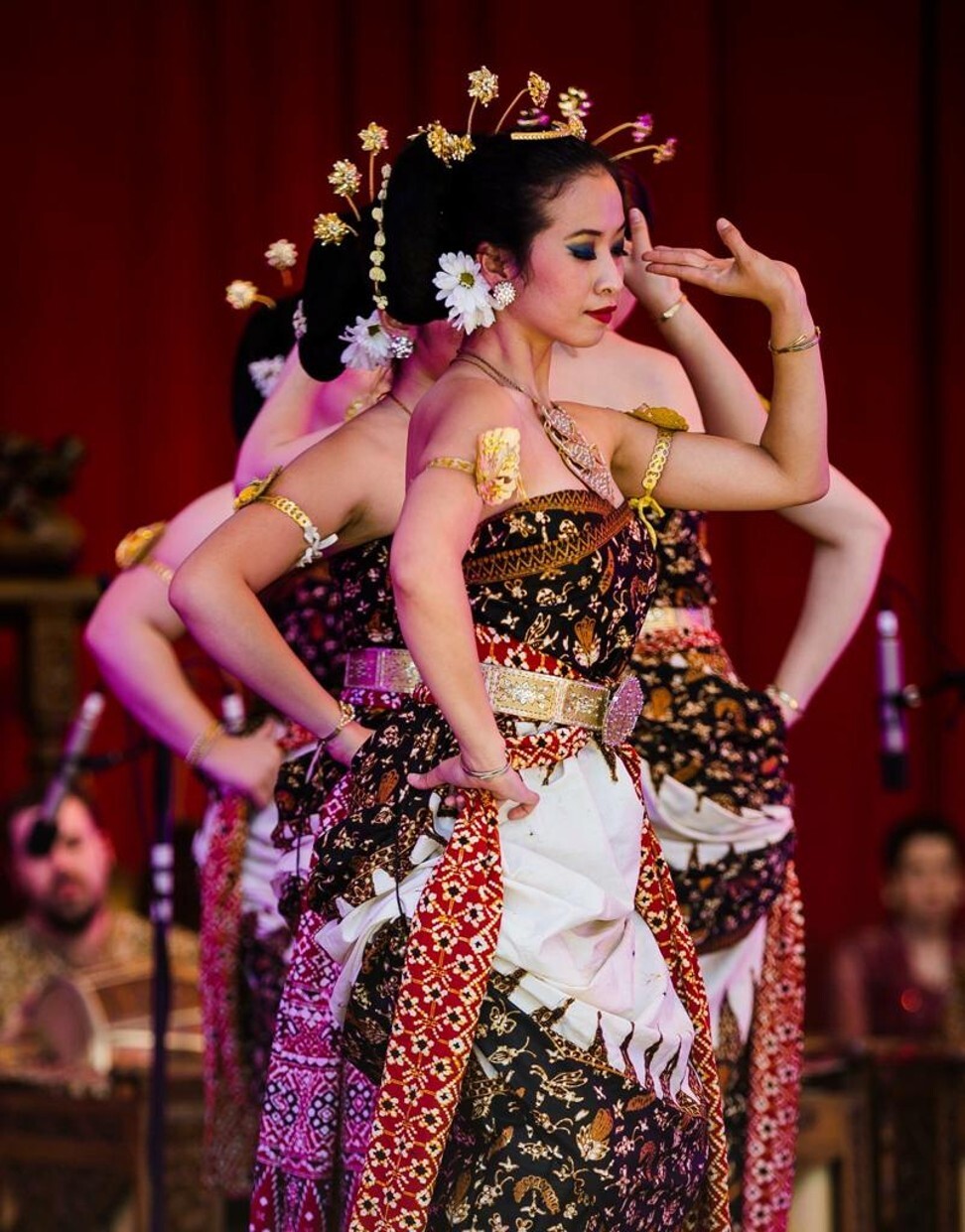
The dance industry is viewed with suspicion by some traditionally minded Indonesians, and the women’s misfortune in catching the virus served to reinforce some deeply held prejudices. University of Indonesia cultural studies researcher Devie Rahmawati, who has studied aspects of colonial rule in Indonesia, said she believed these views harked back to the country’s experience under foreign control when some local dancers were forced to serve as prostitutes. Indonesia was colonised by the Dutch for several hundred years and occupied by the Japanese during World War II.
Covid felt worse than when I was shot: Muay Thai camp owner
“The stigma that we got was not being shunned by our family or neighbours, but insults from outside communities who did not know us,” Anindyajati said.
“There were hundreds [of negative comments] on our Instagram, especially on my sister’s because she won the lottery by being the No 1 patient, so she got the most insults.”
Among the abuse left on her social media pages were comments blaming the women for infecting the whole country. Others said they had deliberately got infected because they were “social climbers”. Then there were comments that could not be published in a family newspaper, as well as one from a man asking if she would “like to hang out sometime”.

FROM FEELING NORMAL, TO HOSPITAL
Even long after neighbouring countries began confirming infections, Indonesia was still claiming to be free of the coronavirus, with Health Minister Terawan Agus Putranto in February attributing the seemingly miraculous state of affairs to the country’s “prayers”.
Against this background, perhaps it is not surprising that to this day the chains of transmission that led to the three women being infected remain a mystery.
At 93, he did everything with his wife, including catching Covid-19
Anindyajati, who is based in Vienna, believes she may have been infected first in New York, where she attended an international performing arts conference from January 7 to 17. There, she contracted a fever of up to 39 degrees Celsius. She returned to Vienna on January 18 and rested in bed for 10 days.
However, Anindyajati does not rule out the possibility of being “reinfected” when she returned to Jakarta for a holiday on February 13. She began feeling “really weak” on February 16 and went back to resting in bed until February 23. At this point, she had “mild flu symptoms” and developed a fever that left her feeling weaker than at any time she could remember. She originally planned to be in Indonesia until March 29 before heading back to Austria.
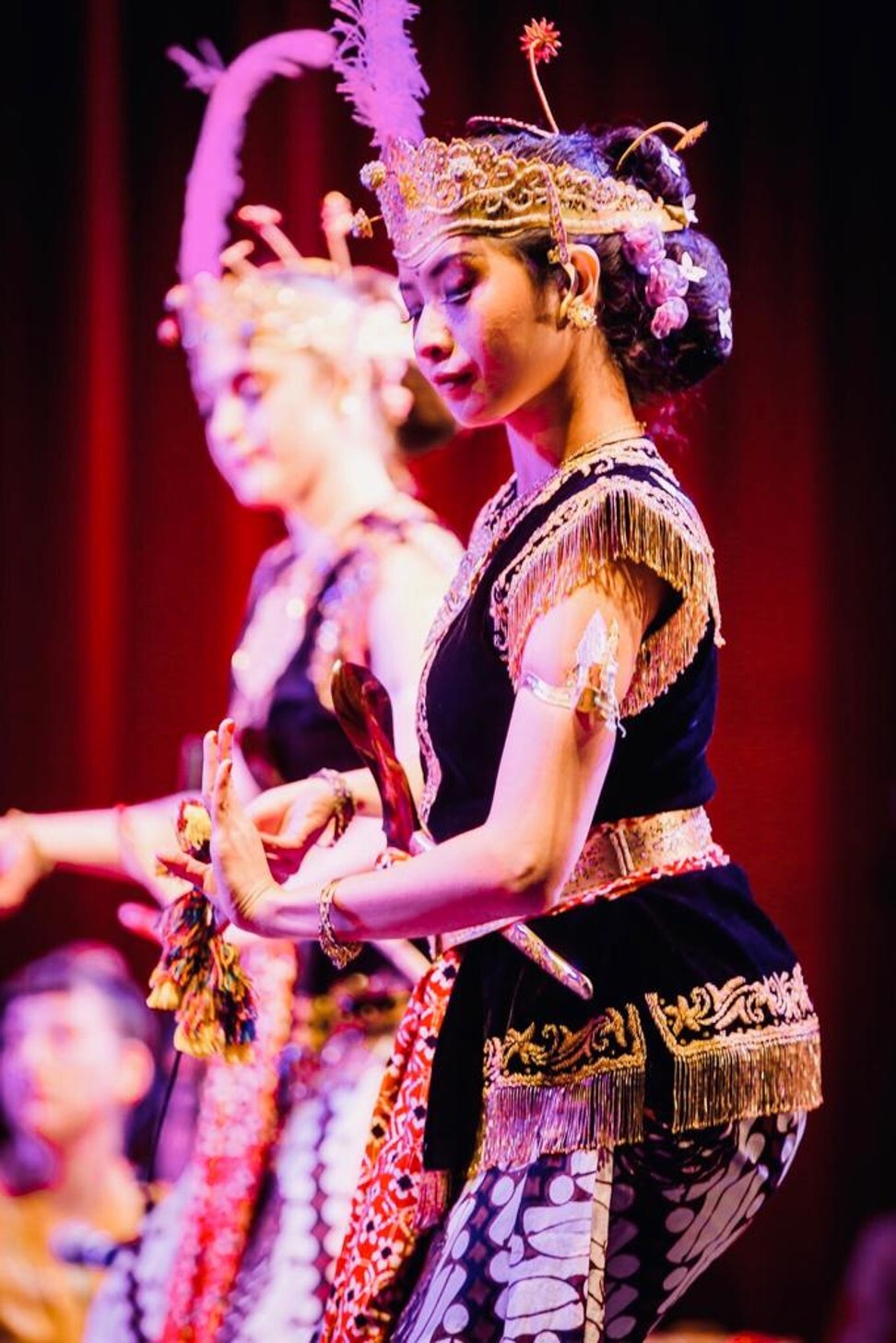
However, her sister and mother, whose symptoms were more severe, believe they were infected in Indonesia.
While it remains unclear who infected who, Anindyajati met Tyasutami at a Jakarta restaurant after her return from Austria, and it seems likely their cases are linked.
While Anindyajati felt her symptoms easing, and was well enough to hold work meetings again about 10 days after her return from Austria, her sister and mother began to feel worse, developing fevers and coughs.
By February 27, Tyasutami felt worried enough to ask a local hospital to test her for the coronavirus, but was turned away because it did not have any kits. On the same day, the doctor diagnosed Darmaningsih with typhus and Tyasutami with bronchopneumonia, and both were admitted to hospital.
A day later, both asked to be tested for the coronavirus after discovering they had been in the same room as someone who had then tested positive for the virus in Malaysia. On March 1, both Tyasutami and her mother were transferred to the specialist Sulianti Saroso Hospital.

Anindyajati meanwhile was growing increasingly suspicious about her own symptoms. She too was tested and went into a period of self-quarantine at home while she awaited the results. On March 7, five days after President Widodo had announced Tyasutami and her mother were the country’s first cases, Anindyajati learned she too had the virus.
Anindyajati, who was taken into Sulianti Saroso to join her sister and mother, now feels a measure of guilt that as an asymptomatic carrier she may have unknowingly helped to spread the disease.
“It was said that [asymptomatic] carriers like me were riskier in spreading the virus than other people who got sick,” she said.
As I fought Covid with Hong Kong karate champ, mom was in coma in UK
“Because for those who were really sick, the symptoms were highly visible. They coughed, had flu and all that, so they were more aware they were sick. Whereas I did not even know I was sick, did not know I had the virus, so for people like me it was business as usual.”
Despite criticisms in the media about the preparedness of the country’s health care services, Anindyajati found doctors, nurses and laboratory staff at the hospital to be “very professional” and “very understanding”.
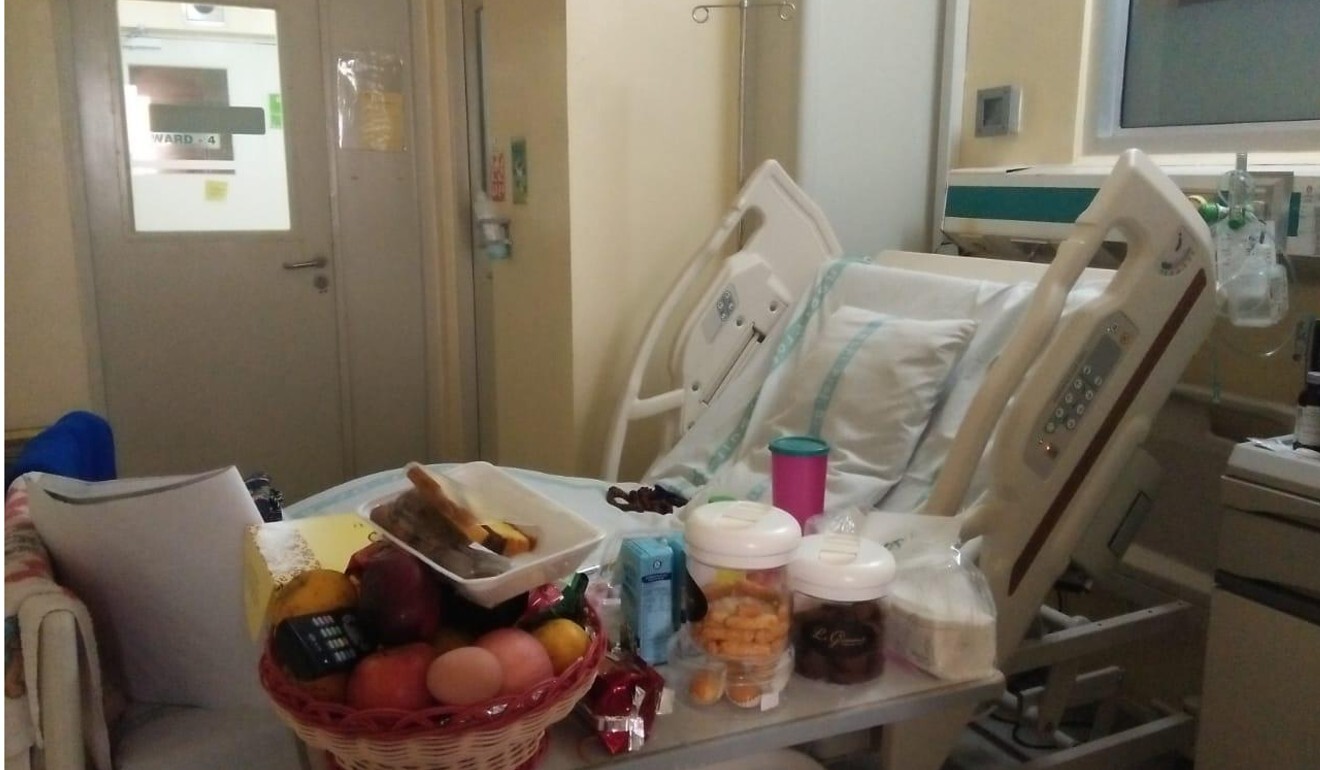
Anindyajati’s body temperature, blood pressure and oxygen saturation were monitored daily and she was visited by a lung specialist once a day.
Boredom was another problem she encountered; she found herself endlessly pacing around her isolation room, stretching her body and shifting position on her bed. So discombobulating was the experience that when the hospital finally gave her the all clear after 10 days she found it “hard to accept”. Still, when she looks back now all she feels is gratitude.
“We were really lucky to be the first three patients because we were put [in Sulianti Saroso],” she said.
“They were professionally and mentally prepared to deal with people with these kinds of diseases. We are all very grateful to have been treated there.”
LIFE AFTER CORONAVIRUS
The virus reminded Anindyajati of her priorities in life, and since her recovery she has spent as much time as possible with her family.
She has also done her best to use her experience – including all the negative comments – for good, donating blood plasma to researchers at a hospital in Jakarta and sharing her story in speeches on various occasions.
Last month, she shared her experience of the disease on Instagram Live to mark Kartini Day, the birthday of the late Raden Adjeng Kartini who championed women’s rights during the Dutch colonial period. She also held an online seminar on Zoom aimed at encouraging positive mindsets and attitudes among millennials.
Anindyajati has also been appointed as an ambassador for Indonesia Dance Network’s Saweran Online programme. The network was launched by the Jakarta Arts Council and is supported by the Ministry of Education and Culture.
She has also started a “keep positive” campaign on her Instagram page, which now has more than 10,000 followers – 10 times as many as she had before falling ill. Positivity was exactly what the country needed in the present climate, she said.
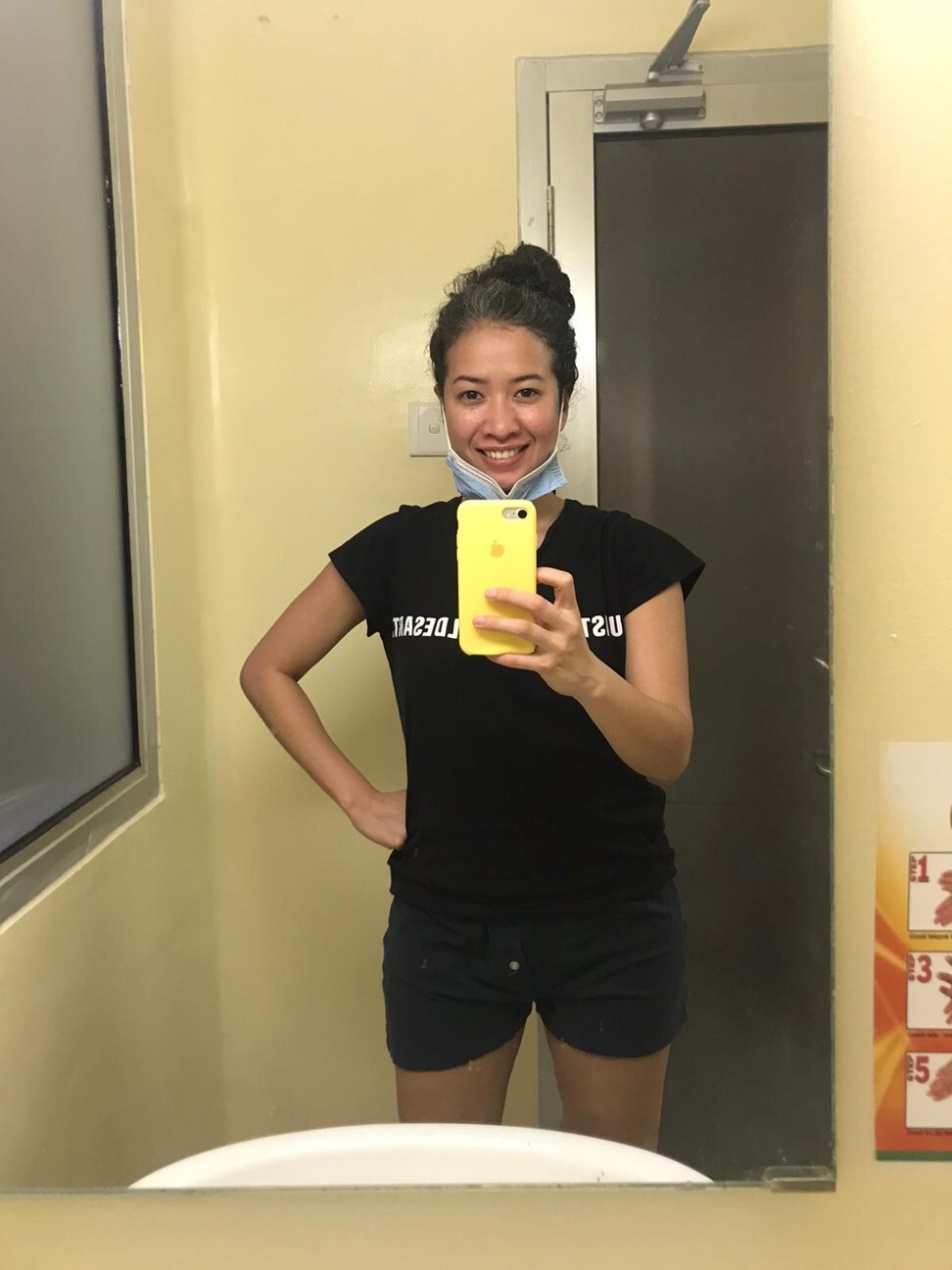
Meanwhile, weeks after the disease left her, stigma remains even if now it is largely concentrated on her choice of profession.
“There are still those who say that dance is zina [adultery], or that we have brought foreign culture to Indonesia, or that we are devil women,” Anindyajati said.
But while she may have won her fight against the coronavirus, she has learned to accept that some battles cannot be won and that many of her more judgmental critics may never change their minds. “Our inner circle, our professional circle, is really supportive,” she said. “So, we don’t worry too much about the rest.”
This article has been updated to include an attribution to University of Indonesia cultural studies researcher Devie Rahmawati.
Help us understand what you are interested in so that we can improve SCMP and provide a better experience for you. We would like to invite you to take this five-minute survey on how you engage with SCMP and the news.











